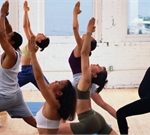
People suffering from regular migraines despite medication might consider investing in a yoga mat. That’s according to a new trial that tested the effects of a gentle yoga practice — with slow-paced physical postures, breathing exercises and relaxation. Researchers found that people who added the practice to their usual migraine medication suffered about half as many headache attacks as they normally did. In contrast, study patients who stuck with medication alone saw only a small decline in migraine flare-ups. The findings appear in the May 6 online issue of the journal Neurology. Worldwide, an estimated 1 billion people have migraine headaches, according to the Migraine Research Foundation. For people who suffer frequent episodes, there are medications that can help prevent them. But it may not be enough. “The good news is that practicing something as simple and accessible as yoga may help much more than medications alone,” lead researcher Dr. Rohit Bhatia, a neurologist at the All India Institute of Medical Sciences in New Delhi, India, said in a journal news release. “And all you need is a mat.” Instruction helps, too, however. In this study, migraine patients first had classes with a yoga teacher three times a week for one month. After that, they practiced at home with a manual for another two months. By that three-month mark, their average headache frequency had dropped.… read on >










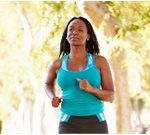
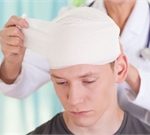
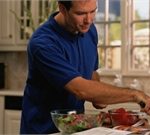
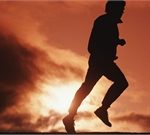

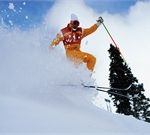
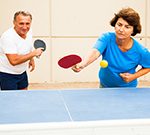

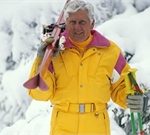








-300x200.jpg)










